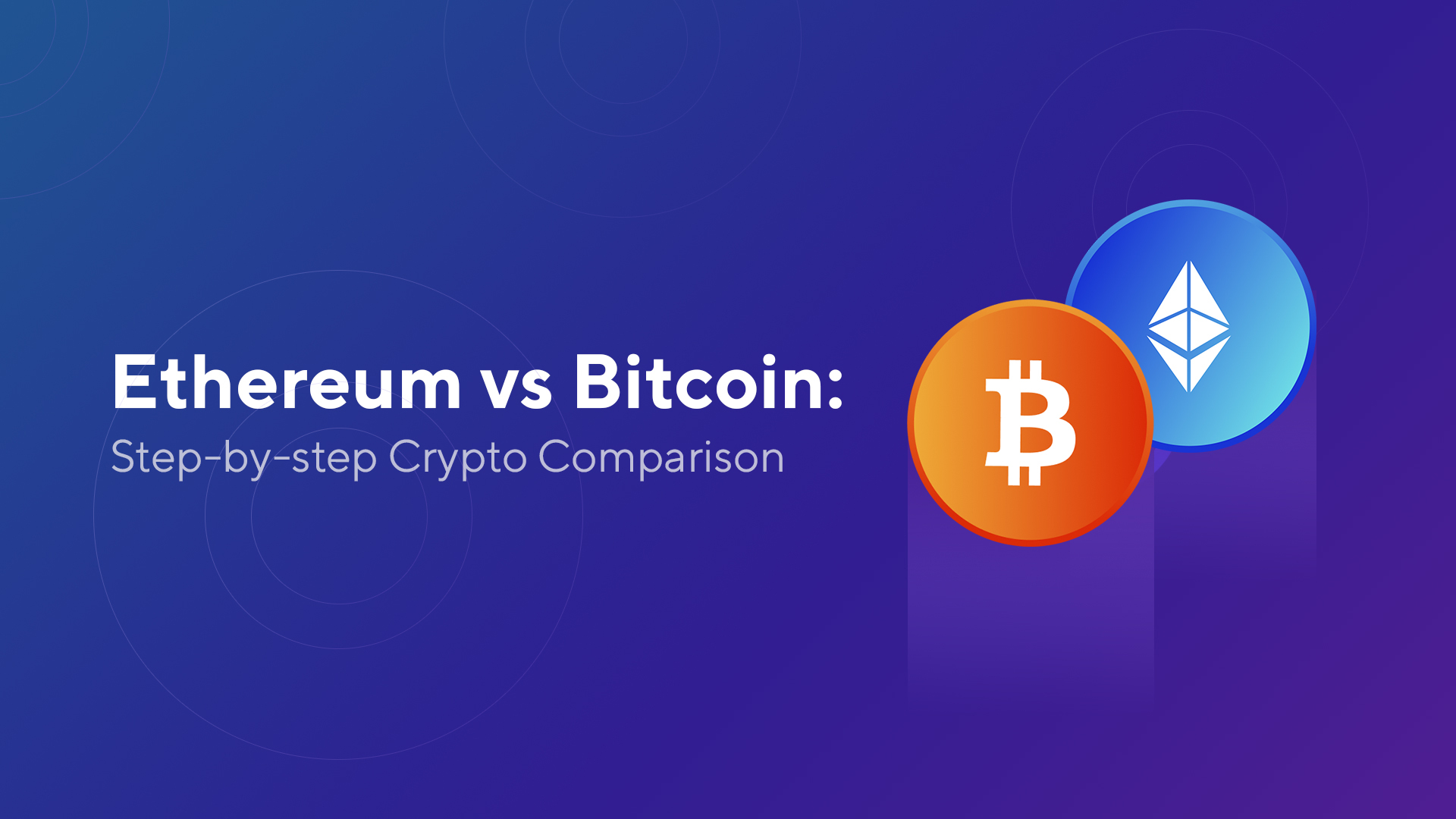crypto education courses Elevate Your Financial Knowledge
Crypto education courses are becoming increasingly important as the world embraces digital currencies. Understanding the principles of cryptocurrency is essential in today’s financial landscape, where new technologies are redefining how we view money and investment. These courses cater to a diverse audience, whether you are a beginner wanting to grasp the basics or an expert seeking advanced insights.
From fundamental concepts to intricate regulatory matters, crypto courses cover a wide range of topics. They are available in various formats, ensuring that there is something for everyone, whether you prefer an online classroom setting or face-to-face interactions.
Overview of Crypto Education Courses

In today’s rapidly evolving financial landscape, understanding cryptocurrency has become essential for both individuals and businesses. Crypto education courses play a crucial role in equipping learners with the knowledge to navigate this complex world. They provide insights into the mechanics of cryptocurrencies, their applications, and the underlying technology, such as blockchain.The crypto education space offers a variety of courses catering to diverse needs, from beginners seeking foundational knowledge to advanced learners aiming to deepen their expertise.
Types of courses available in the crypto space include online classes, workshops, certification programs, and even university-level courses. This wide range of options ensures that learners of all backgrounds and levels can find a suitable program.The target audience for crypto education courses spans a broad spectrum. It includes enthusiasts looking to understand crypto basics, investors aiming to enhance their portfolio management skills, professionals seeking to incorporate blockchain technology into their businesses, and even entrepreneurs looking to start crypto-related ventures.
Essential Topics Covered in Crypto Courses
Introductory crypto courses typically cover fundamental concepts that lay the groundwork for understanding cryptocurrencies. These topics are essential for anyone new to the field and provide a solid foundation for further study. Key fundamental concepts taught in introductory courses include:
- The history of cryptocurrencies and blockchain technology.
- How cryptocurrencies work, including mining and transactions.
- Wallets and security measures for protecting digital assets.
- The significance of public and private keys.
- Basics of cryptocurrency trading and market dynamics.
For those pursuing advanced studies, expert-level courses delve into more sophisticated topics, which include:
- Smart contracts and their applications.
- Decentralized finance (DeFi) and its impact on traditional finance.
- Cryptoeconomics and tokenomics.
- Advanced trading strategies and technical analysis.
- Blockchain interoperability and scalability solutions.
Regulatory and legal considerations are paramount in the crypto space. Courses often include discussions on compliance, anti-money laundering (AML) laws, and the evolving regulatory landscape, which are crucial for anyone planning to operate within this domain.
Course Formats and Delivery Methods
Crypto education courses are available in various formats to accommodate different learning preferences. These formats include online, in-person, and hybrid options, each with its unique set of advantages and disadvantages.Online courses offer flexibility and accessibility, allowing learners to study at their own pace from anywhere in the world. However, they may lack personal interaction and immediate feedback. In-person classes provide direct engagement with instructors and peers but can be limited by geographical location and scheduling constraints.
Hybrid courses combine both online and in-person elements, aiming to strike a balance between flexibility and interaction.A comparison table detailing different course formats and their features is as follows:
| Format | Benefits | Drawbacks |
|---|---|---|
| Online | Flexible, accessible, self-paced | Less personal interaction, potential distractions |
| In-person | Direct engagement, networking opportunities | Location-dependent, fixed schedules |
| Hybrid | Combines benefits of both formats | Can be complex to manage, may not suit all learners |
Evaluating Course Quality and Credibility
When selecting a crypto education course, it’s essential to identify key indicators of quality. High-quality courses typically feature experienced instructors with credible backgrounds in the crypto industry. Comprehensive assessment methods for evaluating course credibility include:
- Checking the instructor’s qualifications and industry experience.
- Reading reviews and testimonials from previous students.
- Examining the course curriculum for depth and relevance.
- Looking for accreditation or recognition from reputable organizations.
Researching organizations and their credentials is vital. Potential learners should confirm the institution’s reputation, assess its partnerships with industry leaders, and explore its track record in providing quality education.
Popular Platforms Offering Crypto Courses
Several well-known platforms offer crypto education, each providing unique features to enhance the learning experience. These platforms cater to various audiences, from casual learners to professionals seeking advanced knowledge.Some popular platforms include:
- Coursera: Offers courses from top universities and institutions with flexible scheduling and credential options.
- Udemy: Features a wide variety of courses on different crypto topics, often at affordable prices.
- edX: Provides university-level courses with the option to earn verified certificates.
- Crypto Academy: Focuses specifically on cryptocurrency and blockchain training with hands-on projects.
- LinkedIn Learning: Offers courses with a focus on professional development and integration into business practices.
Community forums and support systems play a crucial role in enhancing the learning experience. They provide learners with opportunities to ask questions, share insights, and network with peers and industry professionals.
Costs Associated with Crypto Education
The costs of crypto courses can vary significantly, influenced by factors such as course length, format, and the institution providing the education. Basic introductory courses may be available for free or at a low cost, while in-depth certification programs can range from hundreds to thousands of dollars.Available options for financial aid or scholarships exist for those struggling with course costs.
Many platforms offer discounts, especially for early registrations or for students. Additionally, some institutions may provide scholarships or financial assistance programs aimed at promoting inclusion in the crypto education space.Below is a table showcasing the average costs associated with different course types:
| Course Type | Average Cost |
|---|---|
| Introductory Course | $0 – $200 |
| Intermediate Course | $200 – $500 |
| Advanced Course/Certification | $500 – $3000 |
Real-world Applications of Crypto Education
Individuals who have pursued crypto education have successfully utilized their knowledge in various careers. For example, many have transitioned into roles in financial technology (fintech), where an understanding of cryptocurrencies and blockchain technology is invaluable.The impact of crypto education on investment strategies is notable. Many learners have applied their insights to make informed investment decisions, effectively managing risk and maximizing returns.
Understanding market trends, technical analysis, and trading strategies allows investors to navigate the volatile crypto landscape with greater confidence.Furthermore, the relevance of crypto education extends into entrepreneurship and business development. Many startups now operate within the crypto space, and having a solid foundation in blockchain technology and cryptocurrency can be a significant competitive advantage.
Future Trends in Crypto Education
Emerging trends indicate a promising future for crypto education. As the technology evolves, so too will the content and delivery methods of courses. Increased integration of interactive learning experiences, such as virtual reality or gamification, may enhance engagement and retention.The potential role of technology in enhancing learning experiences is significant. Online platforms are likely to leverage artificial intelligence to personalize learning journeys, adapting to each individual’s pace and preferences.
Predictions about the evolution of course content suggest a shift towards more practical applications and real-world scenarios. As the cryptocurrency landscape matures, courses will likely include more case studies, industry partnerships, and project-based learning opportunities to better prepare students for the challenges of the future.
Closing Notes

In summary, crypto education courses serve as a vital resource for anyone looking to navigate the evolving world of digital currencies. With a multitude of platforms offering diverse learning experiences, along with various cost options, there’s a pathway for everyone to enhance their knowledge. As the landscape of cryptocurrency continues to evolve, staying informed through quality education will be key to successful engagement in this exciting field.
Expert Answers
What prerequisites are needed for crypto education courses?
Most courses do not require prior knowledge, but a basic understanding of financial concepts can be beneficial.
How long do crypto education courses typically last?
The duration varies widely, ranging from a few hours for introductory courses to several weeks for comprehensive programs.
Are there free resources available for learning about cryptocurrency?
Yes, many platforms offer free introductory courses or materials, along with community forums for peer support.
What skills can I acquire from crypto education courses?
You can develop skills in investment analysis, understanding blockchain technology, and navigating the legal landscape of cryptocurrency.
Are crypto education courses recognized or accredited?
Recognition varies by institution; always check the credentials of the provider to ensure you choose a reputable course.




